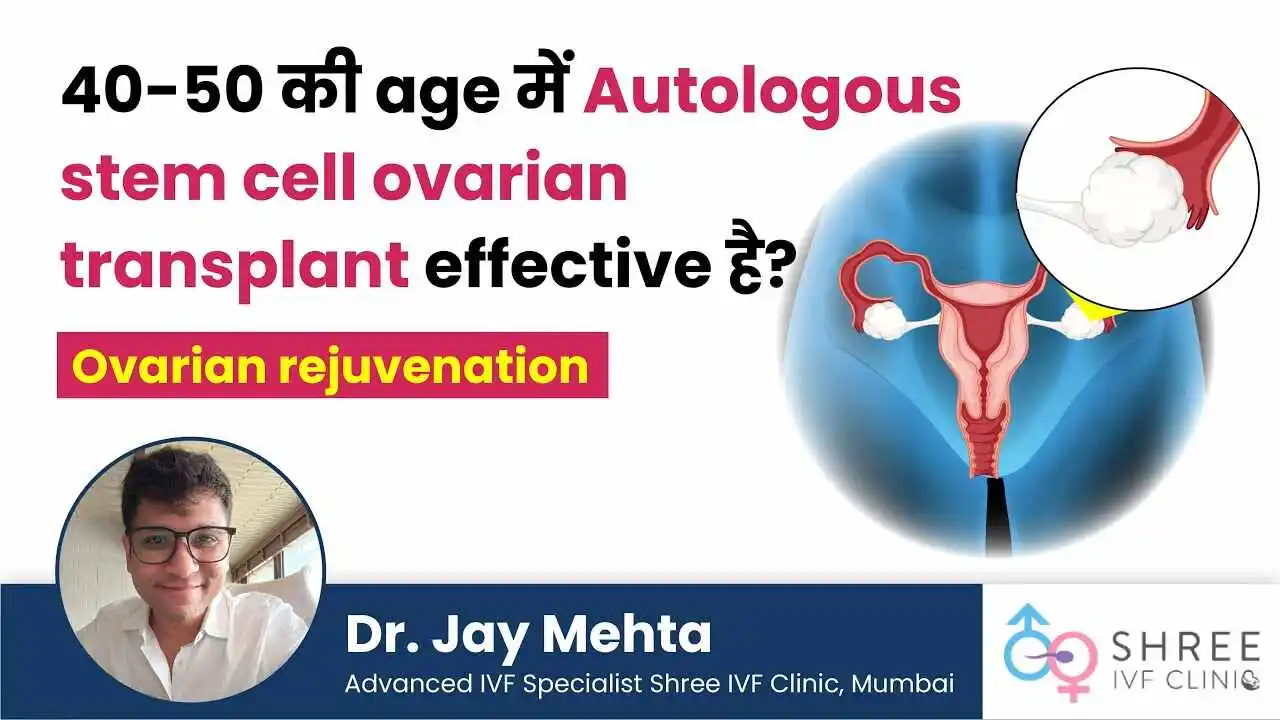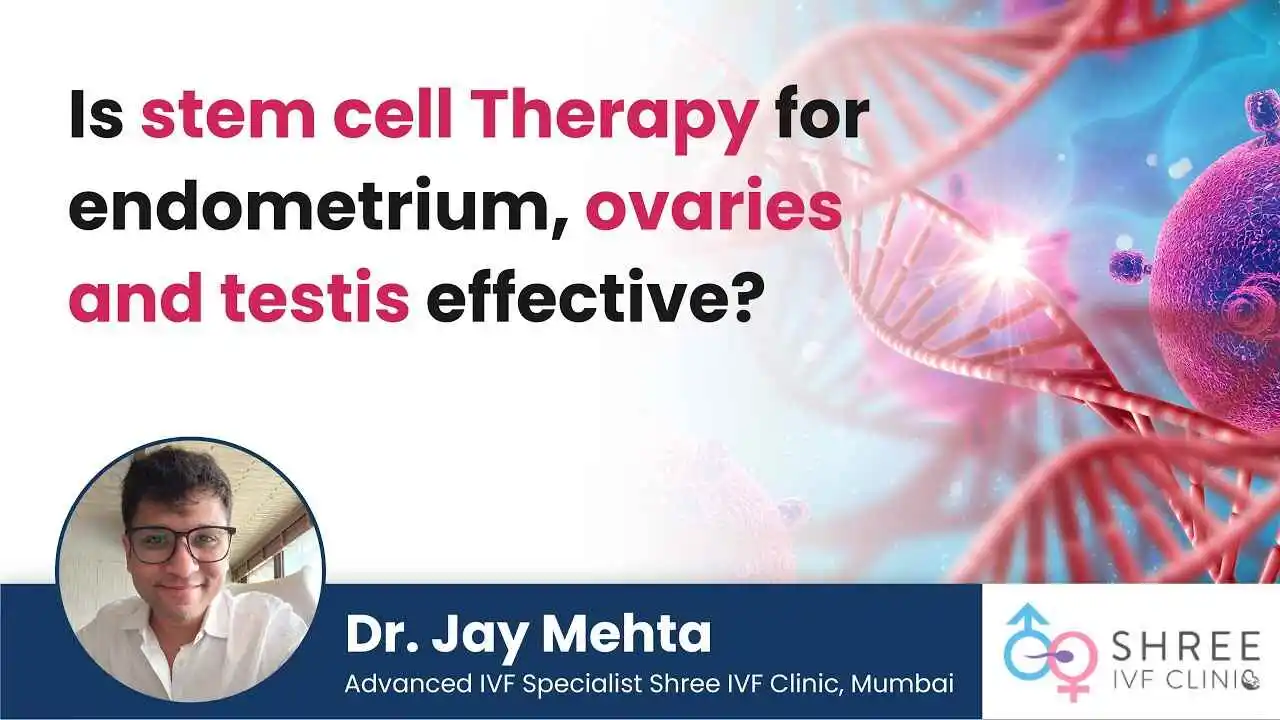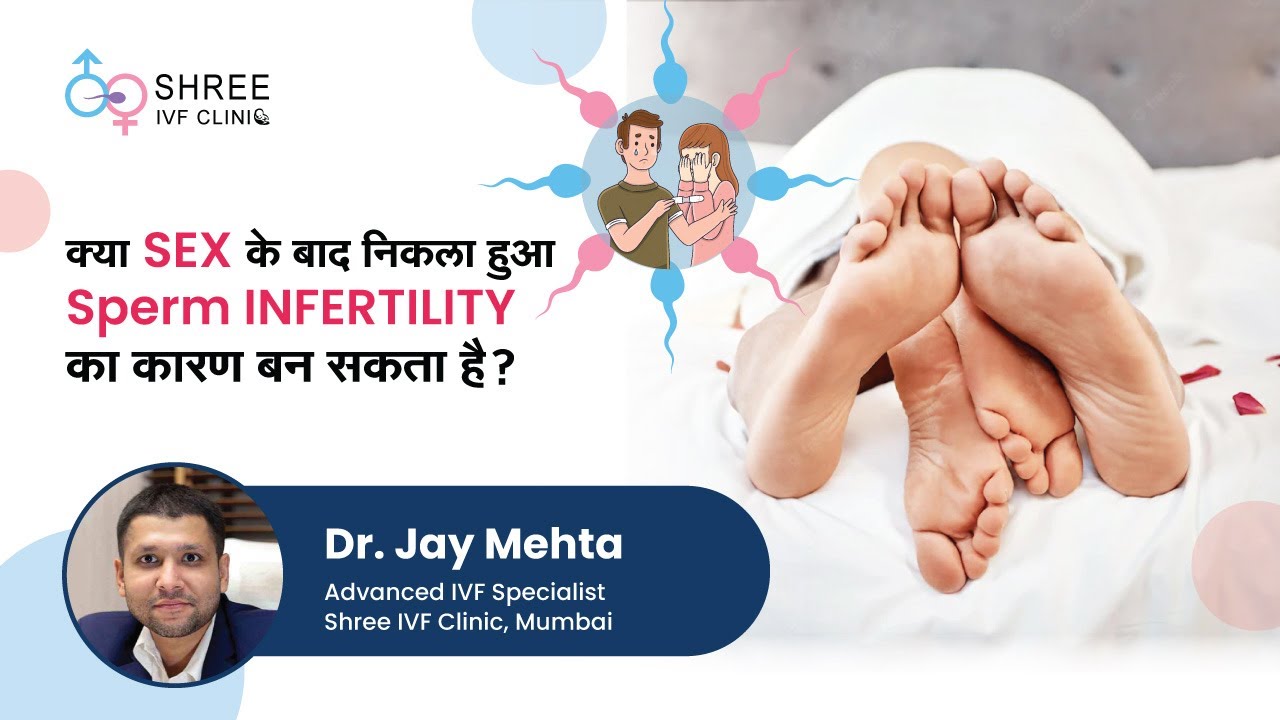Autologous Stem Cell therapy in IVF treatment & Infertility
UPDATED ON 12 MAR. 2025
AUTHOR
Dr Jay Mehta
Scientific Director & IVF Specialist with 10+ years of experience
TREATMENT
GET IN TOUCH ON
Autologous Stem Cell therapy is the new field in the field of reproductive medicine which is regenerative reproductive medicine. The application of Autologous Stem Cell is typically done either in the ovary or inside the uterus in order to regenerate the endometrium which is the lining where the embryo stays.
The role of endometrial regeneration and ovarian rejuvenation in assisted reproduction has been transformative in addressing infertility challenges. Patients often ask about advanced therapies like stem cell therapy, PRP therapy (Platelet-Rich Plasma), and other strategies to enhance the uterine environment and ovarian function. Here, we’ll explore these cutting-edge techniques and their promising applications in improving fertility outcomes.
Why Autologous Stem Cell Therapy Important?
When the patient is undergoing Assisted reproduction or IVF lot of couples which to have a child with their own eggs and inside their uterus. It’s not necessary that these stem cells will be used both in eggs and the uterus, it could be either one of them.
What Is the Role of Stem Cells in Reproductive Health?
Stem cells, known for their regenerative abilities, are now being applied to endometrial repair and ovarian rejuvenation. These undifferentiated cells have the potential to regenerate damaged tissues, promote angiogenesis (formation of new blood vessels), and enhance the functionality of existing cells.
Stem Cells in Endometrial Regeneration
A healthy endometrium is critical for embryo implantation and the success of pregnancy. However, certain conditions like Asherman’s syndrome, thin endometrium, or damage due to surgeries or infections can compromise the uterine lining, reducing the chances of successful implantation.
Stem cell therapy addresses these issues by:
- Promoting Endometrial Growth: Stem cells derived from the patient’s own bone marrow or menstrual blood are introduced into the uterine cavity. These cells work to regenerate the damaged endometrium, enhance vascularization, and improve the thickness and receptivity of the uterine lining.
- Improving Cellular Communication: Stem cells release growth factors and cytokines that activate the surrounding cells, leading to tissue repair and improved functionality.
- Reducing Inflammation: By modulating the immune response, stem cells create a favorable environment for implantation.
Stem Cells in Ovarian Rejuvenation
For patients with diminished ovarian reserve or premature ovarian insufficiency (POI), stem cells offer hope by restoring ovarian function. Stem cell transplantation into the ovaries aims to:
- Stimulate Follicular Growth: Stem cells can activate dormant follicles, increasing the number of viable eggs available for fertilization.
- Improve Hormonal Balance: By rejuvenating ovarian tissue, stem cells support the production of essential reproductive hormones like estrogen and progesterone.
- Enhance Egg Quality: The regenerative effects of stem cells contribute to the development of healthier eggs, improving the chances of successful fertilization and pregnancy.
What Is PRP Therapy and How Does It Work?
Platelet-Rich Plasma (PRP) therapy is another advanced technique used for endometrial repair and ovarian rejuvenation. PRP is derived from the patient’s own blood and contains a high concentration of platelets, which are rich in growth factors.
PRP for Endometrial Repair
PRP is injected into the uterine cavity to stimulate:
- Angiogenesis: The growth factors in PRP enhance blood flow to the endometrium, promoting tissue regeneration and improved thickness.
- Cell Proliferation: PRP encourages the growth of new endometrial cells, improving the uterine lining’s receptivity to embryo implantation.
- Healing of Damaged Tissue: PRP’s anti-inflammatory properties aid in repairing scarred or damaged endometrial tissue.
This approach is particularly effective for patients with a persistently thin endometrium or recurrent implantation failure.
PRP for Ovarian Rejuvenation
When injected into the ovaries, PRP can:
- Revitalize Ovarian Tissue: The growth factors in PRP stimulate the repair and rejuvenation of ovarian cells.
- Reactivate Dormant Follicles: By promoting cellular regeneration, PRP helps activate resting follicles, improving the pool of viable eggs.
- Enhance Hormonal Function: PRP therapy supports the production of key reproductive hormones, aiding overall fertility.
Combining Techniques for Optimal Results
The integration of stem cell therapy and PRP therapy has shown promising results in enhancing fertility outcomes. When used together, these therapies offer a synergistic effect by simultaneously addressing both ovarian and endometrial challenges.
For example, a patient with premature ovarian insufficiency and thin endometrium may benefit from a combination of ovarian rejuvenation using stem cells and endometrial repair with PRP therapy. This personalized approach ensures targeted treatment for the specific issues affecting reproductive health.

5,140+
Google Reviews
397K+
subscribers
What Are the Success Rates of These Techniques?
While individual outcomes vary, studies and clinical evidence suggest that advanced therapies like stem cell transplantation and PRP therapy significantly improve success rates in IVF and other assisted reproductive techniques. Patients with previously untreatable conditions, such as severe endometrial scarring or POI, have achieved pregnancy with these interventions.
What Should You Do Next?
If you’re facing challenges like diminished ovarian reserve, thin endometrium, or recurrent implantation failure, advanced therapies like stem cell and PRP therapy may offer a solution. Start with a comprehensive evaluation to identify the underlying causes of your condition. This will help us design a personalized treatment plan that maximizes your chances of success.
At Shree IVF Clinic, we are committed to offering the most advanced treatments in reproductive medicine. Whether it’s endometrial regeneration, ovarian rejuvenation, or a combination of both, we’ll guide you every step toward achieving your dream of parenthood.
Call us now at 1800-268-4000 to book your consultation and take the first step toward a successful fertility journey.
AUTHOR
Dr Jay Mehta
Scientific Director & IVF Specialist with 10+ years of experience
TREATMENT
CALL US 24/7 FOR ANY HELP
GET IN TOUCH ON
Share Article on
Related Readings
Ovarian Stem Cell Transplant (Age 40-50): Does It Work?
Stem cell ovarian transplant may help restore fertility and hormone levels in women 40-50, but its effectiveness remains under clinical research
Stem Cell Therapy for Endometrium, Ovaries & Testes: Is It Effective?
Stem cell therapy is transforming reproductive health, offering new hope for endometrium, ovary, and testis-related fertility issues
Does Sperm Coming Out From Vagina Lead to Infertility?
A single egg released from the female is sufficient for conception, while males need a sperm concentration of 15 million/ml. However, fertilization requires just one sperm cell and one egg




